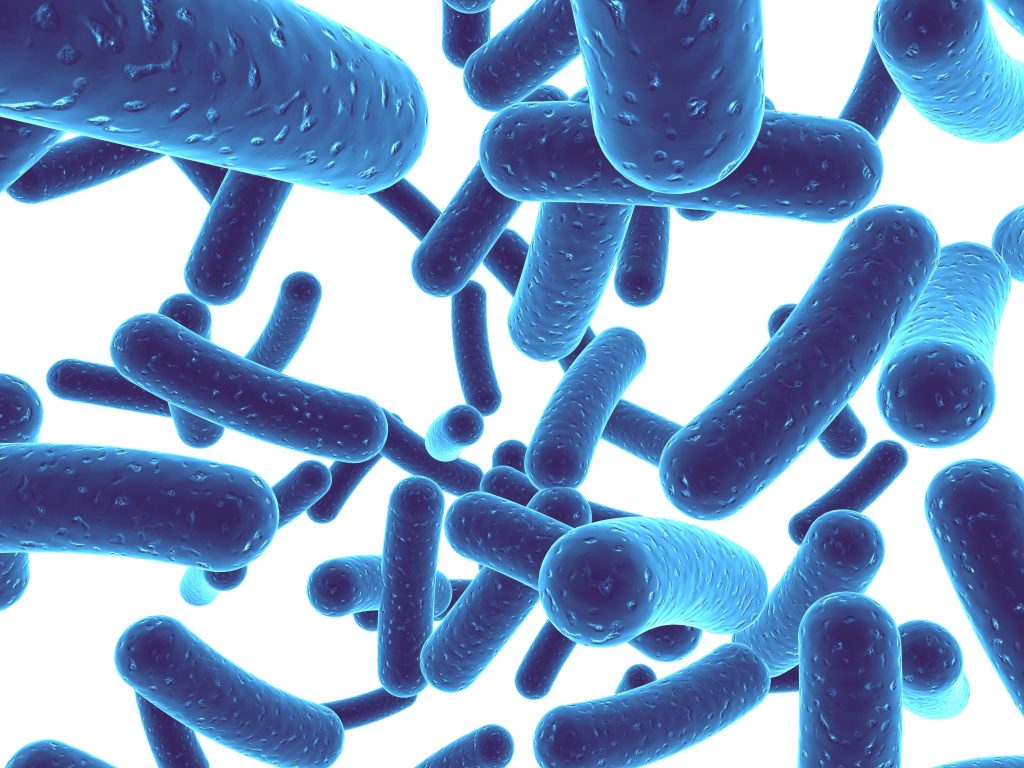
Probiotics are receiving a lot of attention these days to improve the health of both human and our pets. Here is what we know about probiotics for your pets.
Probiotics are single or mixed cultures of live and non-pathogenic microorganisms that are found in foods (especially acidic dairy yoghurt, kefir, buttermilk, cheese) or in nutritional supplements on the form of tablets, capsules or powder. They can also be found in certain pet foods.
Initially, probiotics have been used in the prevention and treatment of intestinal and bowel diseases.
However, research is now showing that probiotics may be linked to blocking harmful bacteria in the mouth, reducing mouth plaque and regulating certain cells functionality and promoting healthy cells in the body.
There is also a link to them helping reduce cancer, and to heal the body from toxicity that can build up during cancer treatment such as chemotherapy and radiology.
It is important to note though that the research on probiotics, especially in canines and the reduction of cancer, is still well in its infancy.
However, many sources really boast about the benefits. The magazine, Dogs Naturally, shares these reasons for using probiotics with your pets:
If you do choose to use probiotics for your pet, it also might be a good idea to throw in some prebiotics into your pets’ diet. Prebiotics are the foods that help keep the probiotics alive inside the body, so they can live longer.
Prebiotic foods include:
Natural pre-biotics found in foods are: inulin, chicory root, beet pulp, tomato pomace and fructooligosaccharides.
If you are starting to use probiotics there are two that are out on the market that are important for dogs:
1. L. acidophilus
2. Bifidobacteria
Raw goat milk is also an excellent natural source of probiotics, and as mentioned above many natural pet foods can contain pro-biotics and also pre-biotics. It’s important to read the labels on your food.
As always, if you start a new diet or make a switch in your pets’ meal plan and they start to experience negative health issues, stop immediately and consult your local veterinary. All dogs and cats are different and may react in different ways to certain supplements and diet.
Sources:
Zambori C. et al./Scientific Papers: Animal Science and Biotechnologies, 2014, 47 (1)
Chandler, Marge. Journal of Small Animal Practice: Probiotics – not all created equally. 2014, August 29. https://doi.org/10.1111/jsap.12263
Dogs Naturally – https://www.dogsnaturallymagazine.com/probiotics-how-to-waste-money-on-your-dog/
Dogs Naturally – https://www.dogsnaturallymagazine.com/why-probiotics-are-important-for-dogs/